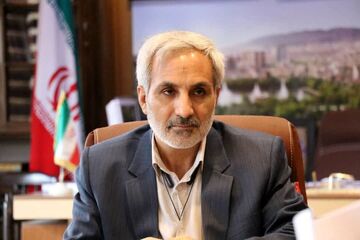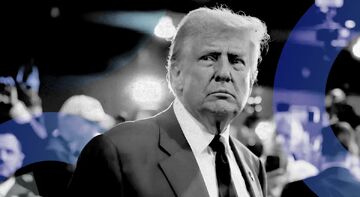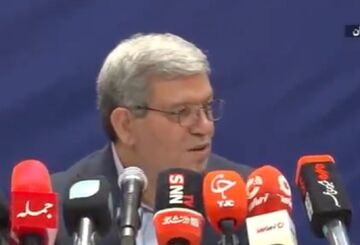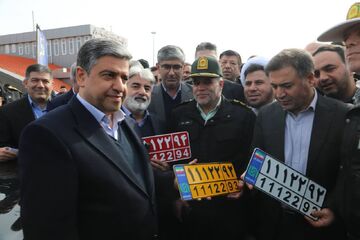TEHRAN(Bazaar) –Shireen Tahmaasb Hunter, a professor of political science at Georgetown University, tells that the only agreement I can envisage at this point is one related to the release of American prisoners in exchange for a limited release of some frozen Iranian assets.
Following is the text of the interview:
Q: After the optimism that was created after the Sultan of Oman's visit to Iran to reach an agreement on Iran's nuclear issue (at least an agreement that does not increase tensions) with the United States, we are witnessing a setback in this regard, that Rafael Grossi, the Director General of the International Atomic Energy Agency, has also mentioned it recently. What is the reason for this setback?
A: It is difficult to identify the specific cause of the failure of efforts to reach even an interim agreement between the US and Iran on the nuclear issue, the American prisoners in Iran and other differences. Some have speculated that at the last minute the US added a fourth name to those of prisoners it wanted to be freed and the Iranian side did not agree.
However, If I were to guess I would say that lobbying by Iran hawks in the US, which also includes some Iranian opposition groups, and Israel, plus opposition by some hardline elements in Iran caused the failure of talks.
The approaching US presidential elections has also made dealing with Iran a hot button issue and various candidates are looking for funds and votes and do not want to appear soft on Iran. President Biden is no exception. Additionally, partly because of the forthcoming presidential elections, Biden has changed his approach towards Netanyahu and Israel as the visits of Israel's President and Netanyahu to the US indicate.
As to Grossi's statement, it is important to realize that the IAEA's positions are influenced by shifts in American positions. Now that agreement does not seem possible, the IAEA has also changed its estimate of Tehran's behavior.
Q: According to the published news, the issues raised between Iran and the United States include a package of topics such as Iran's regional policy, the release of American prisoners, the halt in Iran's enrichment of more than 60 percent, and Tehran's cooperation with the International Atomic Energy Agency. Do you think these issues in connection with each other have meaning for the parties?
A: Of what was transpired in the press, it appeared that a prospective deal was about the release of US prisoners, the limitation of enrichment to %60 and the release of some Iranian funds. Iran's regional policies were not the main focus, although they might have been discussed. However, some groups in the US, plus Israel, oppose any gesture which could ease Iran's financial problems. They, especially Israel, argue that Iran will use the released funds to help radical elements in Lebanon, Palestine and other places. Moreover, these groups oppose any deal with the current government and seek regime change, or at least drastic alteration of Iran's domestic and foreign policies, through pressure and sanction. They hope these pre4ssure will exacerbate Iran's internal problems and lead to popular uprisings.
Q: Rafael Grossi recently announced that Iran's cooperation with the IAEA is not what he expected. Can't these words be evaluated as a pressure lever on Iran at the current stage? Does that mean that if Iran does not comply with the issues raised in the recent negotiations with the US, the agency's leverage will be activated against it?
A: As I mentioned earlier, the Agency's attitude towards Iran is greatly influenced by shifts in American policies towards Tehran.
Q: In October of this year, the sanctions against Iran's missile program will be lifted according to the JCPOA. On the other hand, European countries are trying to extend the sanctions on Iran's missile program. This action has been mentioned as the first clear legal violation of the JCPOA by Europe. What do you think this issue will have on Iran's talks with the other side?
A: Europeans are angry at Iran because of its support to Russia in its war with Ukraine. So, I doubt that they would agree to the lifting of any limitations on Iran. In general, states' policies are determined by political calculations rather than their legal obligations. Contrary to what is often said, international order is not based on the rule of law. Rather it is determined by power calculations.
Q: Considering the recent developments, what is your prediction of reaching an agreement and what kind of agreement is likely?
A: The only agreement I can envisage at this point is one related to the release of American prisoners in exchange for a limited release of some frozen Iranian assets.
















نظر شما